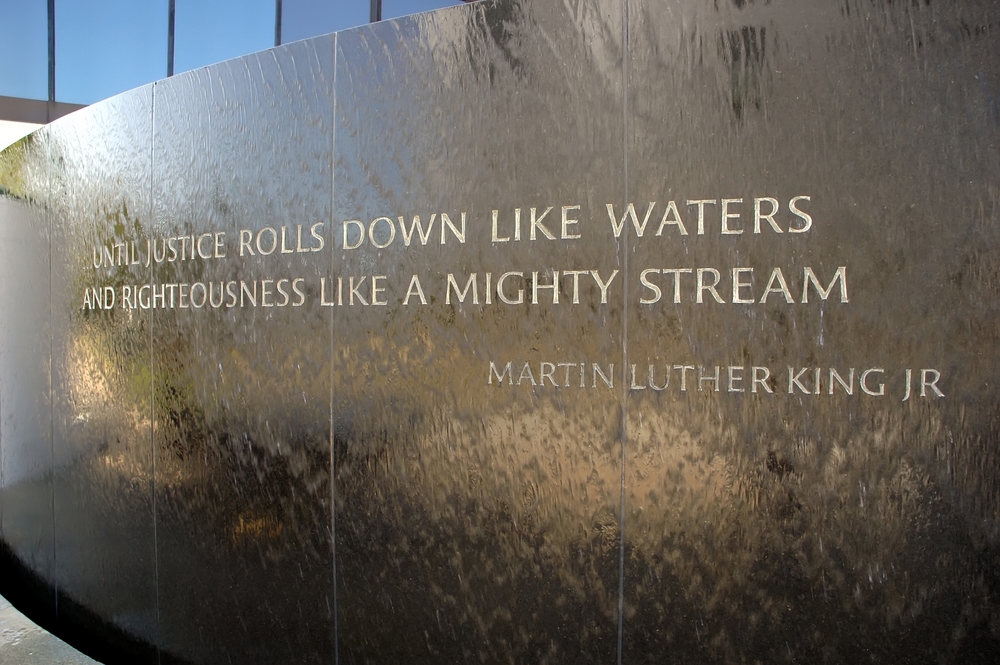Martin Luther King Jr.’s impact on the Civil Rights Movement extended beyond his well-known “I Have a Dream” speech. According to Jason Miller, an English professor at North Carolina State University, King’s oratory was his most significant contribution, serving as a medium for transformation. As we delve into five lectures that frequently exist in the shadow of the famous dream, we uncover significant ideas, answers, and historical context that are still relevant today, particularly in the wake of Black History Month.
1. “Give Us the Ballot” (May 17, 1957 – Washington, D.C.):
This address, delivered three years after Brown v. Board of Education, came at a time when racial segregation in the South was still prevalent. The Montgomery bus boycott had recently ended, demonstrating a strong battle against injustice. King’s plea for voting rights emphasized the importance of political empowerment, prompting both major parties to reconsider their commitment to civil rights. This speech represented a watershed moment in the ongoing struggle for racial equality.
2. “Our God Is Marching On!” (March 25, 1965 – Montgomery, Alabama):
Following the tragic events of Bloody Sunday in Selma, MLK led a march to Montgomery, where he gave this emotional speech. According to Jason Miller, King spoke to over 25,000 people, capturing the emotional intensity of the occasion. The refrain “How Long? Not Long” became a rallying cry for the Civil Rights Movement, demonstrating its communal spirit. King’s use of Sister Pollard’s comments and the quotation, “The arc of the moral universe is long, but it bends toward justice,” displayed his ability to combine history with inspiration smoothly.
3. “Beyond Vietnam” (April 4, 1967, New York City):
In the face of growing casualties and economic consequences from the Vietnam War, King entered a contentious arena. Despite working with President Lyndon B. Johnson to pass significant civil rights legislation, King bravely opposed the war. His stance sparked condemnation from both sides of the political spectrum, highlighting the intricate relationship between activism and political relationships. This speech, according to Miller, resulted in King’s virtual excommunication, emphasizing the personal and political costs of standing up against conventional standards.
4. “The Three Evils of Society” (August 31, 1967, Chicago):
King’s investigation of poverty, racism, and militarism in American society demonstrated their interdependence. Carolyn Calloway-Thomas draws connections between King’s speech and the Black Lives Matter movement, highlighting the critique’s ageless validity. The speech advocates for a dramatic transformation, challenging society to face hard facts. King’s use of Langston Hughes’ poetry adds depth to his message by highlighting the literary and intellectual influences that molded his activism.
5. “I’ve Been to the Mountaintop!” (April 3, 1968 – Memphis, Tennessee):
On the eve of his tragic assassination, King delivered a speech that stands out as a moving rumination on mortality and legacy. Clayborne Carson mentions King’s reluctance due to illness, emphasizing the physical cost of his continuous campaigning. The allusion to the Promised Land and the link with Moses adds a spiritual dimension, demonstrating King’s ability to blend the secular and the sacred. This speech, made to striking sanitation workers, captures the unwavering spirit of a man who faced adversity until his death.
These lectures, which are frequently overshadowed by the tremendous echo of “I Have a Dream,” are pivotal moments in Martin Luther King Jr.’s legacy. Each speech demonstrates a deep awareness of the historical context, demonstrating King’s development as an activist and orator. Beyond their historical relevance, these lectures provide a road map for addressing current difficulties, encouraging us to draw inspiration from the past to create a more just and equal future.












